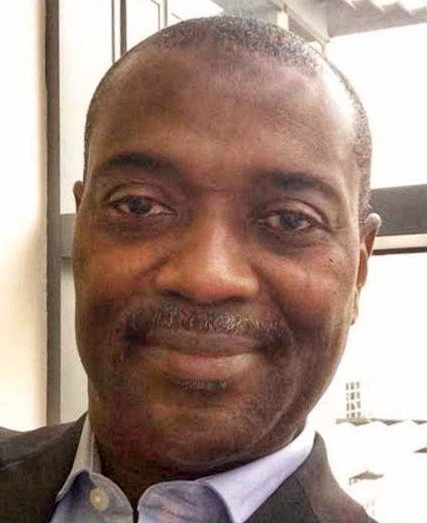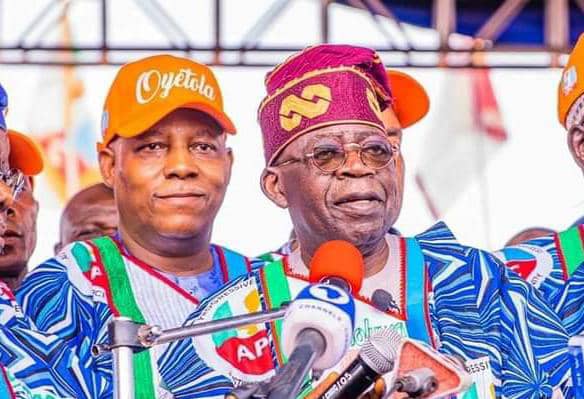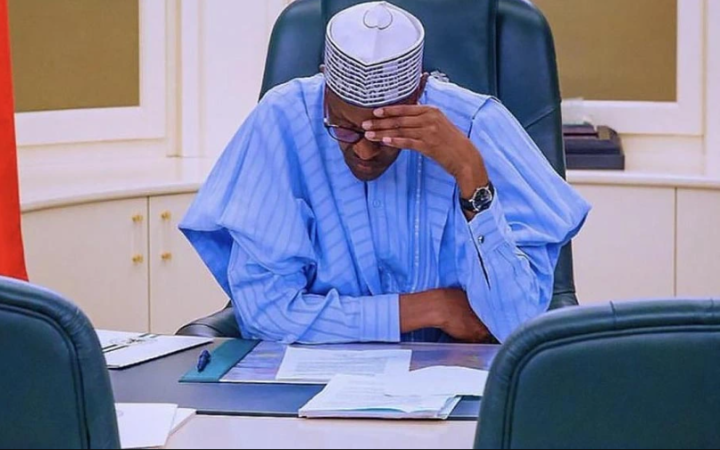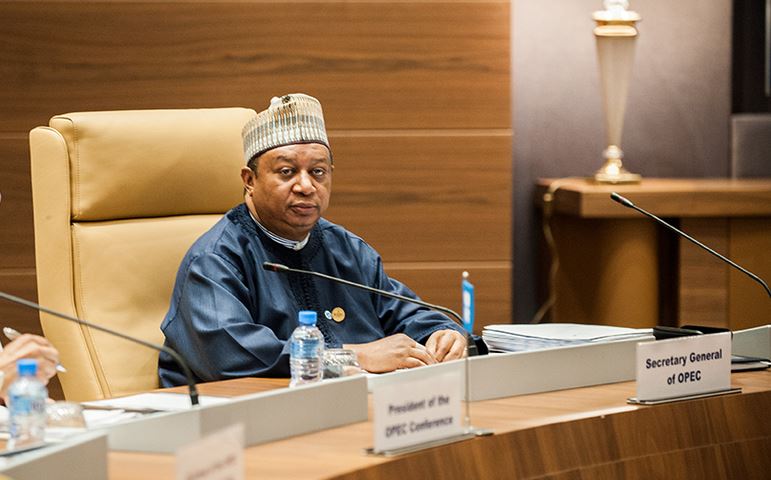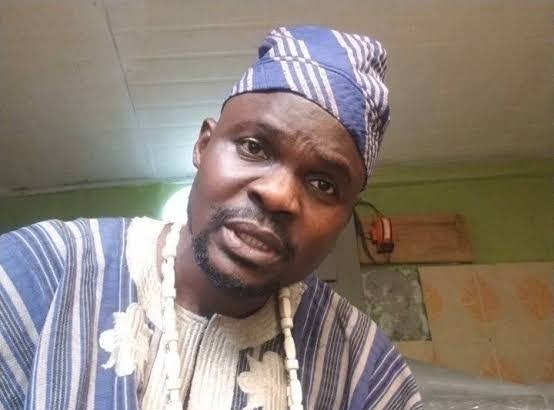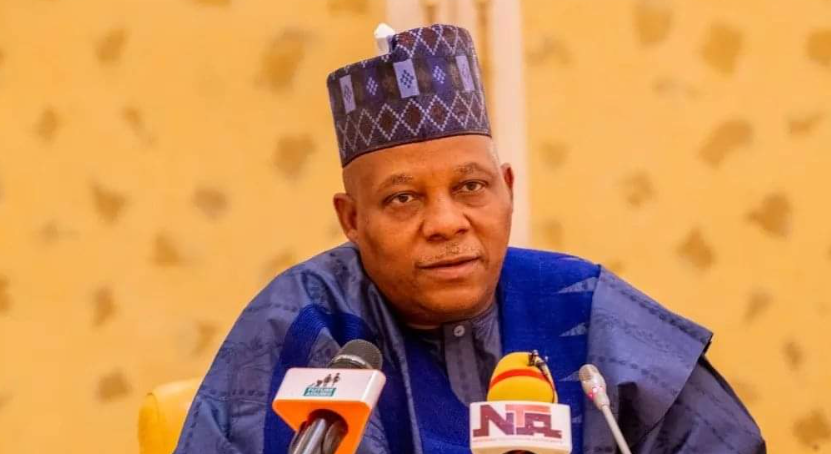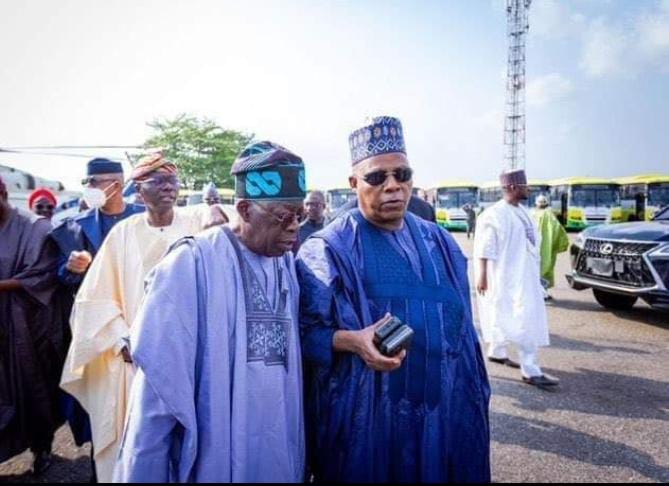Upcoming Nigeria’s Presidential elections of 2023 promise to be utterly different from all previous ones since the return of democratic governance to Nigeria in 1999. As I see it, the problem is that Bola Tinubu looks too auspicious and set to walk into power with little challenge in this forthcoming election. He seems to be walking in without any serious opposition. All previous elections were well fought except perhaps the 2003 re-election of Olusegun Obasanjo. The current one doesn’t seem right. After so many complaints about the 16 years of PDP and the more than seven years of APC, how can 2023 creep in on us unprepared?
If a careful observer following political developments since the struggle for replacing President Buhari commenced, you would notice it has been about Tinubu. Public discourse centred around what he did and didn’t do. What his antecedents are? How old is he? Did he go to school? And more recently, who has he appointed as a running mate and why? Why the obsession with Tinubu instead of identifying a preferred candidate from the pool of candidates? Many may argue that it is an unfair comment because he belongs to the ruling APC and, understandably, the political party to beat. Thankfully, there is a precedent. The APC was created around 2013/2014 as a coalition of several political groups to eliminate the then ruling party – PDP. They were successful because they were well-organised and prepared over considerable time with negotiations and compromises across the political divide, regions, and ethnic groups. There was no ideology. That is hardly ever relevant in Nigeria’s political space. Power, money, and sharing are usually the bonding ideology and suffices for all times in Nigeria’s politics. So, what has changed? Is there any rule that says Nigeria’s political gladiators cannot build another coalition to get rid of the ruling APC? Are Nigerians honestly tired of the APC and committed to removing them?
As of today, there are four serious Presidential candidates on the political scene: Atiku Abubakar, Rabiu Kwankwaso, Peter Obi and Bola Tinubu. The first two have previously tried to be President, albeit unsuccessfully. Peter Obi was a running mate to Atiku in 2019 but is now running for the front office for the first time. Bola Tinubu is the only one of the lots putting himself forward for the first time. I would not want to complicate my analysis in this opinion piece by including the Vice-Presidential candidates. I doubt that any previously elected Presidents in Nigeria have won or lost the Presidential contest because of their Vice-Presidential candidates. I also suspect a Vice President’s real political value or clout in Nigeria’s election. In Nigeria, a Vice President is as powerful as the President allows. This is arguable, but I would rather leave it for another discussion and focus on the Presidential aspirants.
Atiku Abubakar has many problems in his bag and public commentaries against him. If you use age, you find him older than Bola Tinubu, Rabiu Kwankwaso, and Peter Obi. The heavily damaging proclamations of his former boss about his person and character are still hanging on his neck. He has probably tried all and has been unable to shake it off. If you use region, how does one justify a northerner replacing another northerner after eight years? Think of how angry PDP members and supporters from southern Nigeria should be ideally. PDP needed to have picked somebody from the south. It is that simple. It seems hypocritical for southerners complaining about President Buhari’s ineptitude and being Fulani to go ahead and vote for another Fulani after one occupied the office for eight years. How exactly do you justify this and logically explain it? Do you say this Fulani northerner is better than the Yoruba southerner because it is a Tinubu? It will sound both illogical and personal. If you read Atiku’s congratulatory message to Tinubu when the latter won the APC primaries, you will see how personal and friendly that letter read. He almost clearly insinuated that he would support Tinubu if he were not a candidate.
Advertisement
Rabiu Kwankwaso is another credible candidate with a vast political following and antecedents in northern Nigeria. From what we know, his political party has almost no presence in the whole of southern Nigeria. Even in the north, his visibility is in about 3-4 states. He also publicly insinuated recently that he might support Tinubu if he adversely re-evaluates his chances before the elections. What does that say of his seriousness? Kwankwaso, from his statements, like Atiku, would be supporting Tinubu if he were not a candidate himself. Thus, if negotiations are proper and substantial compromises are activated, this is not a closed option as it might still happen.
Peter Obi is the third candidate, the only one from the South-East. Although he comes from a region that has not occupied the Presidency since 1999, his candidature is problematic. First, he is not reaching out enough to other non-Igbos and non-social-media citizens. Second, any politically active Nigerian would be lying if they said they are unaware that the Labour Party is very light. Nigerians still vote for political parties more than they do individuals. Several Supreme Court judgements have affirmed political party supremacy. How exactly would a Peter Obi get significant votes in the north? If he does, how would he govern Nigeria successfully if there are no Labour Party governors or National Assembly members? How many days would it take to remove him with a two-thirds majority? Even the most optimistic of his supporters can see that this does not seem practical. Unlike the other candidates, Peter Obi is the only one I am confident would not be supporting Tinubu even if he were not a candidate.
It, therefore, seems clear that neither Kwankwaso’s NNPP nor Obi’s Labour Party can realistically win 25 per cent votes in 24 states and still have an overall majority as constitutionally required to win the Presidency. Atiku’s PDP can obtain both because they are a major political party with antecedents and previous successes. However, the PDP is seriously divided between the north and south. It would seem most of the North Central is with the southern zones on this one. Therefore, whereas Atiku would likely win 25 per cent of the votes in 24 states, the likelihood of getting an overall majority is not one even PDP members would vouch for.
Advertisement
Thus far, I have tried to enunciate why all attention and anger are presently directed at Tinubu. Therefore, I am saying he is lucky to be vying under these circumstances. Many undecided voters who do not want him as President may not vote on February 18, 2023, because they will wonder who to vote for as a replacement. I predict the election turnout may be low. The majority would have burned out before the election, fighting each other and making enemies. Alternatively, those who are determined, nay desperate, that Tinubu should not win may sponsor violence throughout the country to make the election not credible.
I conclude that for the first time since 1999, we are moving towards an election that does not seem competitive as it should be. These realities look people straight in the face, but rather than address this reality; they are shifting arguments, showing anger, pursuing red herring, and remaining loud against reality.
What can we do differently? A coalition of all forces behind a more neutral person – not a well-tainted Atiku and Obi or a more lackadaisical Kwankwaso. Can that still be done in the present timeframe? I doubt it, as such support requires time and commitment. Moreover, it probably must be among one of the current crops of dozens of unknown political parties and Presidential candidates. Time is of the essence, and the timetable of INEC makes this probably too late. Barring any unforeseen circumstances, Nigerians should welcome their President in waiting. Being angry with what I have written does not change the reality as I see it. Insulting and abusing me would also not change a thing, sadly.
Do I support what I have speculated is presently evolving? Go figure. I am a realist and a pragmatist, not a folly or pollyannaish. It is common for all to sit down doing nothing and expecting others would do it or are doing it or hoping everything will work out fine in the end. While we all slept or hoped, those who wanted power worked hard in our faces. The outcome of their efforts is what is staring us in the face. Power is never given easily to anyone. People who wield power often love it; forget what they tell you. People who want it plans for it and often work hard for it. More often than not, they get it. Please do not start the spiritual argument, as I am not going that route with you.
Advertisement
Gbadamosi can be reached through [email protected]
Views expressed by contributors are strictly personal and not of TheCable.
Add a comment
